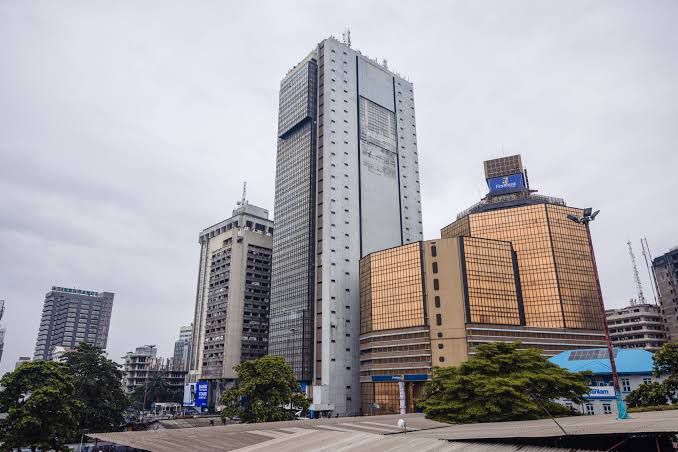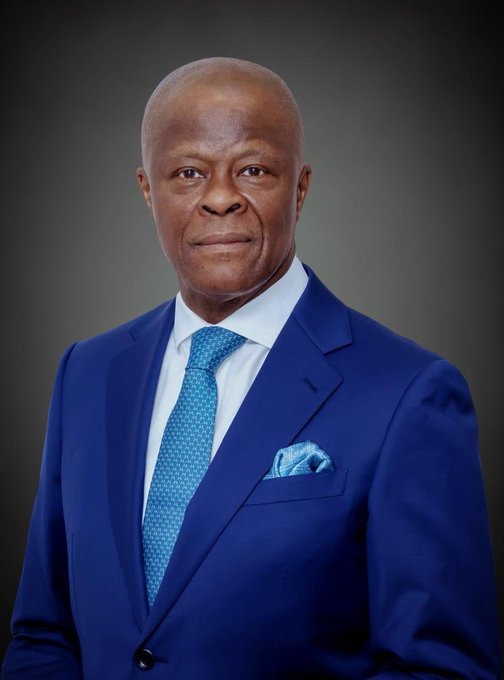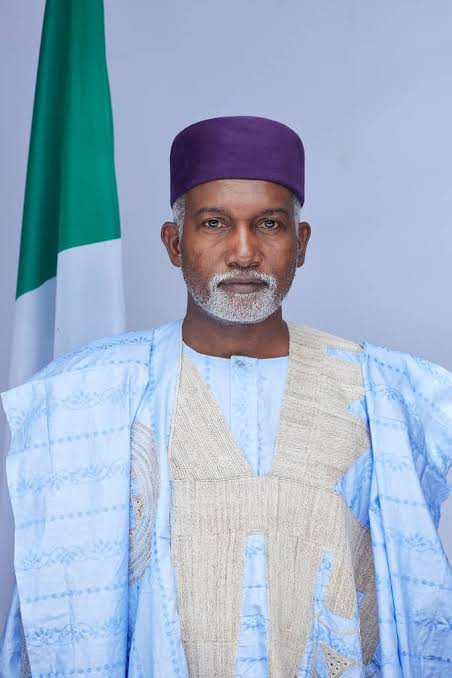Nigeria’s Windfall Levy on Banks’ Exceptional FX Gains – A Useful Perspective
BY MUSA ILALLAH

Nigeria is set to implement something unprecedented: a 70 percent Tax or Levy on a ‘windfall’ profit that accrued to commercial banks following last year’s significant devaluation of the Naira—a devaluation arising from a series of significant economic reform initiatives by President Tinubu’s administration.
The banks had been holding substantial foreign currency assets, which multiplied instantly in local-currency value following the devaluation. A Nigerian newspaper carried out an analysis of Nigeria’s five biggest banks (the famed F-U-G-A-Z) and found that the foreign exchange revaluation gains they declared in H1 2023 – amounting to a combined 1.3 Trillion Naira – were seventeen times more than what they declared in the same category the previous year, H1 2022.
The Federal Government has now decided that it will, in the spirit of fairness and redistribution, impose a Levy on the portion of this Windfall profit that has arisen specifically from those FX gains. The government wants to ensure that the benefit spreads to as many Nigerians as possible, through public spending: the Levy will be spent on infrastructure, education, healthcare and public welfare initiatives. The Bill sent to the National Assembly to give legal backing to this move, by amending the 2023 Finance Act, has been passed by both chambers.
Opinions have been mixed, expectedly. The argument against it is the one against taxation generally—all things considered, nobody likes taxes or levies—and also the idea that government might be trying to reap where it hasn’t sown. Which of course does not make any sense, considering that it’s the government, through its policy-making, that made the windfall possible in the first place.
There’s also the claim that this move will alarm investors—that it’s some kind of anti-business move, especially at this time that the banks are in capital-raising season.
But that is a claim that can be dismantled easily. This is a one-off redistributive Levy being imposed on a benefit that will not be replicated in the bank’s books anytime soon. It’s a Levy that fully recognizes the exceptional nature of what is being taxed.
As to the arguments for the Windfall Levy, there are a handful of compelling ones. First is the moral imperative for this benefit to go round to as many beneficiaries as possible. Not necessarily as direct cash handouts, but better still through investment in critical interventions and services—infrastructure, education, health, social welfare and so on.
Also, the planned Levy is not seeking to appropriate all of the available windfall. It is a one-off 70 percent Levy, of a substantial sum of money, which leaves the balance of 30 percent available for the banks to still benefit from and put to use, in the form of dividends, or whatever else they choose to do with it.
Meanwhile, the Tinubu Administration’s reforms in the last one year have helped restore a level of macroeconomic stability and predictability that’s not been seen in a while. The new banking environment, with its return to orthodox principles, is a big plus for the commercial banks, especially those who are interested in doing banking the right way.
The foreign exchange reforms have clearly been—and will continue to be – very favorable to the banking sector in Nigeria—this massive FX windfall that will now be taxed and invested into critical government spending being just one example of the upsides.
It should also be pointed out that Windfall Taxes/Levies are not uncommon at all, around the world. Since 2022 the UK government has imposed an annual Windfall Tax on oil and gas companies in the country—which have been enjoying record profits on account of the hike in energy prices caused by the Russian invasion of Ukraine. The UK government has said that the taxes will stop as soon as oil and gas prices drop below a certain threshold.
Going forward, in my view, public focus should ideally be on ensuring that the proceeds of the Windfall Levy are spent judiciously and transparently. Nigeria has many things that these funds could be applied to, and it’s important that there are conversations about this.
We have the Renewed Hope Infrastructure Development Fund (RHIDF), the new Students Loan Fund, the Consumer Credit Initiative, the Basic Healthcare Provision Fund. Some of the money could also go into subsidizing CNG vehicle-conversions for citizens, setting them up for lower transport and commuting costs in the long-term.
The key is for the Federal Government to focus on interventions that can be readily felt by as many people as possible. And of course, it makes all the moral and logical sense in the world for Nigerians to directly benefit from monies arising from the effect of foreign exchange reforms that, whilst necessary, have caused quite a bit of pain in the populace.
As for the banks, they are in fact also going to benefit from this Levy The economic boost that the application of the Windfall Levy should generate in the wider economy will be felt even by the banks themselves.
I hope that in the public conversation going forward, this Levy on banks’ FX gains is not wrongly framed in ‘government versus private sector’ terms. Instead, it is ‘government, private sector and the people’ versus the many challenges that the funding will address, for the benefit of Nigerian households and businesses.
This is definitely one Tax/Levy that all Nigerians should welcome.
Musa ILALLAH can be reached on musahk123@yahoo.com















